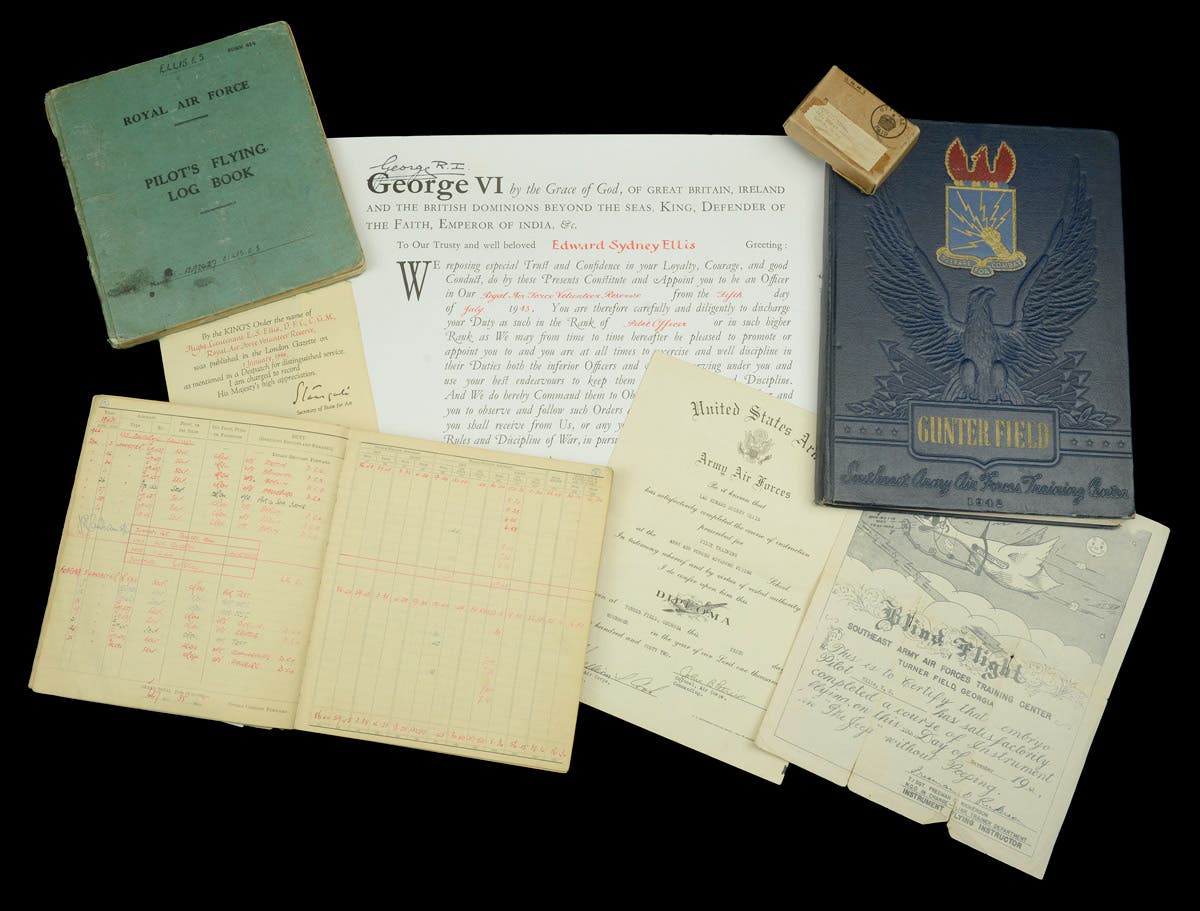Caveat Venditor: Know what your antiques and collectibles are worth
How an African mask that once sold for $157 could impact the world of antiques and collectibles.
Chances are if you buy and sell any collectibles long enough you’re bound to find a dealer who “was asleep on the price,” and at some point that someone might even be you. We’ve probably all said at some point, “I had no idea it was worth that much,” which is why in the world of militaria it pays to do your research.
Caveat Venditor – or “Seller Beware!”
News circulated this past fall that an elderly couple in France sold a seemingly “worthless” African mask for equivalent of around $157 – only to discover it sold at auction for $4.4 million!
To make matters worse, the couple had only found the mask while clearing out their second home, and sold it to a local antiques dealer in September 2021. Clearly, they failed to do any research on what they had; only knowing that it was brought back from Gabon by the husband’s grandfather, René-Victor Edward Maurice Fournier, who had been a colonial governor in the early 20th century.
That story alone suggests that due diligence didn’t occur, and the new owner took the time to determine what he had.
While he “took a chance,” the antique dealer discovered that it was a rare Ngil mask used in rituals by the Fang people, who may have belonged to an African secret society. Only a handful of such pieces are known to exist — which could explain why the couple failed to determine its worth. After having the mask radiocarbon dated, the piece was put up for auction with an estimated value of about $315,000 to $420,000.
That would have already been quite the return on investment for the antique dealer, but this was one of those cases where an object greatly exceeded pre-auction estimates: it eventually sold at $4.4 million!
Needless to say, the couple wasn’t the least bit happy when they found out, and they sued the dealer, arguing they were cheated because he withheld knowledge that the piece was valuable. The dealer had responded that he didn’t display the item in his shop, and reached out to a number of French auction houses. Both the Drouot Estimation and Fauve Paris estimated the mask’s worth to be less than €600. Eventually, a third source provided more insight and suggested the radiocarbon dating.
“Only a person with a perfect knowledge of the art market is capable of mounting a sale through an auction house, after having requested a carbon-14 expertise and enlisted the help of an expert in African masks,” the lawsuit read.
While a lower court initially sided with the dealer, an appeals court in France determined in June 2023 that the couple’s case against the dealer “appears to be well-founded in principle” and has frozen the proceeds of the sale as the case continues.
It should be noted that the antiques dealer initially offered to settle out of court by paying the couple €300,000 euros, or about $315,000, for the mask. However, they were not able to reach an agreement because of opposition from the couple’s children.
Moreover, the defense has argued that the dealer is not an expert in African art, and only sough the expert assessment — including the carbon dating — as a recommendation from the auction house.
There has already been speculation in the antiques world that this could have ramifications for dealers, even in the United States.
David Rabinovitch, a New York-based lawyer whose firm specializes in high-end contractual sale agreements related to the decorative arts, told the Asheford Institute of Antiques that while the case not be precedent setting, “there’s no doubt that judges will at least look to examples like these for input and direction when it comes to their own cases.”
Rabinovitch further suggested the eventual outcome of this case could also have a broader effect on the responsibilities and obligations of antique dealers and art market participants from around the world. Dealers may need to be more forthcoming about the value of the items they are buying, and that we could expect future lawsuits the next time a dealer finds treasure in a trash pile.
“It’s just a matter of time,” Rabinovitch warned. “All industries eventually get regulated to some degree.”
In addition to the legal battle, the mask was the subject of protests when it went up for auction in March 2022. The protesters, who were part of the local Gabonese community in France, called for the return of the wooden “Ngil” mask, which they claimed was illegally stolen from their nation.
Peter Suciu is a freelance journalist and when he isn't writing about militaria you can find him covering topics such as cybersecurity, social media and streaming TV services for Forbes, TechNewsWorld and ClearanceJobs. He is the author of several books on military hats and helmets including the 2019 title, A Gallery of Military Headdress. Email him and he'd happily sell you a copy!







